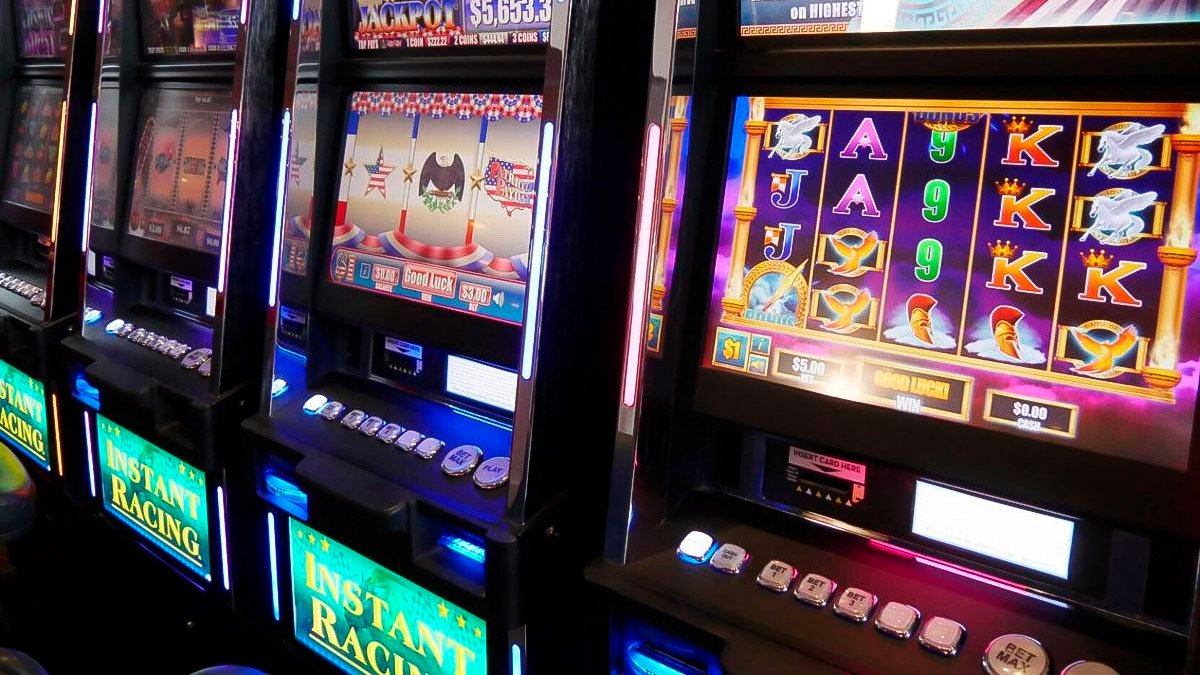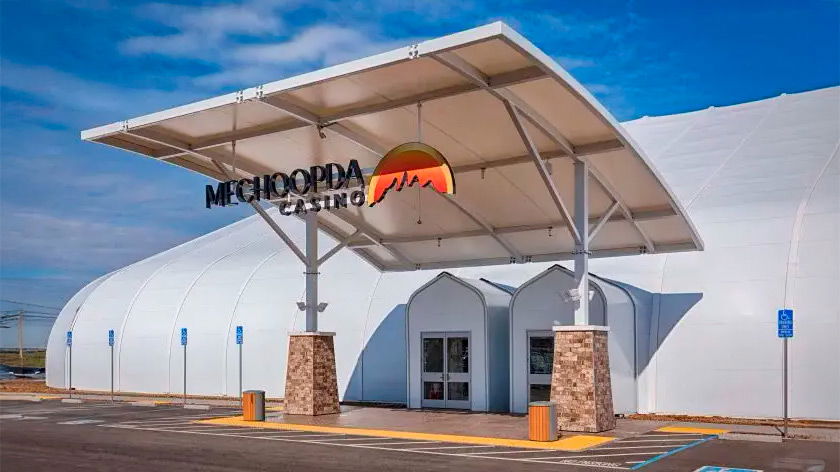Australians lost a record $9B to poker machines in the last financial year

Despite a looming cost of living crisis, Australians have endured staggering losses to poker machines amounting to $9.29 billion (AUD14.5 billion) in the last financial year.
More than half of this sum was lost in New South Wales, as reported by new research conducted by the Alliance for Gambling Reform. These heavy losses exclude the money spent on pokies inside casinos, as well as the multi-billions lost in sports, horse, and greyhound racing.
The $9.29 billion (AUD14.5 billion) that went into the poker machines located in pubs and clubs across five states has surpassed the losses experienced during the last full financial year unaffected by COVID restrictions in 2018-19.
Despite representing less than half a percent of the world's population, Australia has 20% of its pokies and 80% of machines outside casinos.
The data released by the Alliance reveals that residents in New South Wales suffered the most substantial losses, totaling $5.17 billion (AUD8.07 billion) to electronic gaming machines (EGM) in the last financial year, marking a 23.7% increase from 2018-19.
Queensland followed with $2.05 billion (AUD3.2 billion) in losses, up 33.6% during the same period; and Victoria recorded an increase of 12%, with $1.92 billion (AUD3 billion) in losses.
South Australia witnessed a 34.6% jump, with residents losing $587.81 million (AUD917 million), while Tasmania experienced an increase of 10.5%, resulting in losses of nearly $121.79 million (AUD190 million).
Carol Bennett, Chief Executive of the Alliance for Gambling Reform, expressed her concern over the latest data, calling for more extensive regulation within the industry. She specifically advocated for the expedited implementation of mandatory cashless gambling cards.
Bennett told 9news.com.au: "These staggering new loss figures show an industry that is out of control. And these figures don't even count poker machine losses in our casinos."
The impact of these losses ripples throughout the community, leading to financial hardship, family breakdowns, family violence, anxiety, depression, and even suicide, according to Bennett. Moreover, there's an overarching concern that these poker machines are used for money laundering purposes by criminals involved in various illicit activities.
Bennett emphasized that New South Wales stands out as the epicenter of Australia's gambling problem, boasting 87,000 poker machines, and she expressed deep concern that these figures have surged post-COVID.
A government report from 2017 indicated that poker machines employ sophisticated techniques, including intricate "game maths" and "psychological principles" designed to maximize spending and playing time, to increase their addictive potential.
Poker machines have been a focal point of discussion in Australia, with concerns raised during political campaigns, particularly leading up to the New South Wales election earlier this year.
Bennett criticized the Minns government for moving too slowly and for their limited trial of cashless gaming cards, which were initially planned to become mandatory by the previous Premier Dominic Perrottet had he won this year's election.


















































